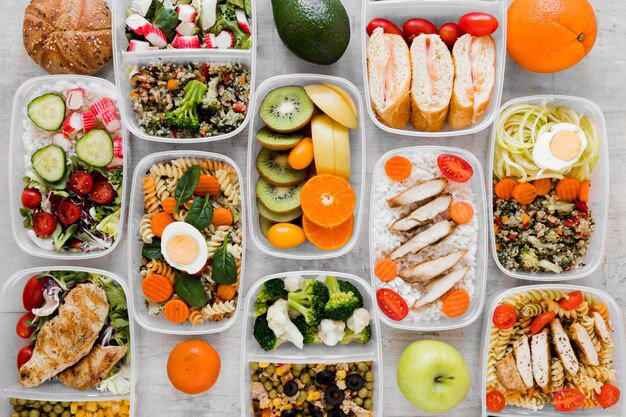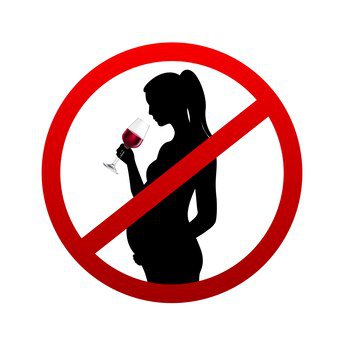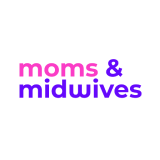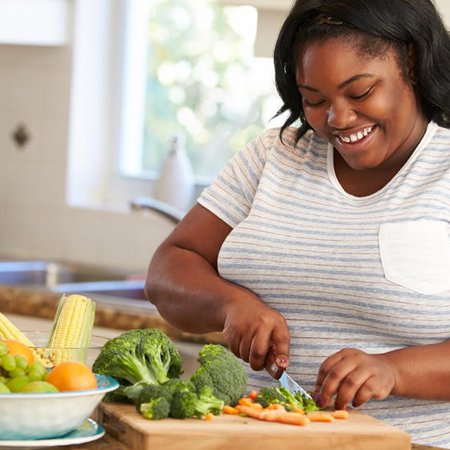
Eating Healthy While Pregnant
Eating Healthy While Pregnant
Stacey A
Feb. 24, 2022
Stacey A
Feb. 24, 2022
As you may already know, your body undergoes quite a number of changes during pregnancy. Talk of physical, which we can all see and the hormonal changes which in turn impacts the physical changes. For new mothers especially, adapting may be a little challenging but not impossible. In order to sustain yourself and the baby growing inside you, you have to carefully select foods with good nutritional values.
While the adage "eating for two" is not totally true, know that the food you eat is your baby's main source of nourishment, thus you are obliged to eat a balanced and healthy diet that will provide all the necessary food nutrients required for growth and development. It is important to know that once you are pregnant, you may experience disgust or aversions to certain particular foods and have cravings for other foods. This is absolutely normal. In this write-up, we are going to discuss 5 healthy food choices to make and 5 foods to avoid when you are pregnant.
EAT:
Folate and Folic Acid
Folate is a vitamin that helps prevent abnormal formation of the brain and spinal cord. In Ghana, Folic Acid forms an essential part of Antenatal Care (ANC), where a pregnant woman takes 5mg of Folic Acid a day until delivery. Folic Acid supplementation has also been shown to decrease the risk of premature birth.
Sources: Legumes (beans, peas, lentils) are an excellent source of folate, citrus fruits like oranges, lemons and lime are very rich in folate too. Beef liver is also one of the most concentrated sources of folate. Others are broccoli, asparagus, nuts and seeds.
Proteins

Proteins are crucial for the normal growth of the baby's organs and tissues (skin, hair, fingernails and muscles) as well as helps in the growth of the tissues in your uterus and breasts. It plays an important role in maintaining your blood pressure by balancing fluids in your body. It is absolutely necessary that you have enough protein throughout pregnancy, particularly in the second and third trimester where your baby grows the fastest.
Sources: Eggs, fish, poultry, lean beef, pork, meat, cheese, peanut butter.
Iron
This is another nutrient that forms an integral part of Antenatal Care (ANC) in Ghana. Iron helps the body to make healthy red blood cells for you and the baby. Red blood cells are responsible for carrying oxygen to your tissues and the baby's. Having enough iron ensures that enough oxygen is supplied to both you and the baby. Lack of iron can make you tire easily, increase the risk of premature birth, cause the baby to have a low birth weight and even cause postpartum depression (Depression after delivery).
Sources: Red meat, oily fish, eggs, green leafy vegetables such as broccoli, beans such as red kidney beans, black-eyed peas, and baked beans, soya beans and wholemeal bread.
Calcium
During pregnancy, your baby drains calcium from you to form strong bones and teeth. Hence you need to replenish your calcium stores to prevent complications like weak and brittle bones later in life. Also, calcium is an important building block for your baby's heart, muscles, nerves and hormones.
Sources: Dairy products are the best absorbed sources of calcium. Others are broccoli, fruit juices and breakfast cereals.
Vitamin D
An extremely important nutrient, Vitamin D helps the body absorb calcium better. During pregnancy, Vitamin D helps to promote baby's bone growth as well as develop the baby's kidneys. Doctors advise pregnant women to take a 10microgram supplement of Vitamin D each day
Sources: Egg yolk, milk, fatty fish like salmon, breakfast cereal, orange juice.
AVOID:
Alcohol

No matter how small, any amount of alcohol you take during pregnancy may cause complications like heart defects, hearing problems, premature birth and even Fetal Alcohol Spectrum Disorders.
Excessive caffeine
Caffeine is a chemical found in a lot of foods and drinks including tea, coffee and cola. Consumed in large amounts while pregnant, it can lead to low birth weight or a miscarriage. Abstain if you can but if you can't, consume in moderation.
Other foods to avoid while pregnant include; raw meats, uncooked processed meats and unpasteurized dairy.
Other Articles in this Categories

Join The
Squad


Join The Squad


